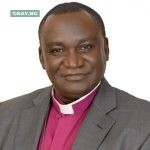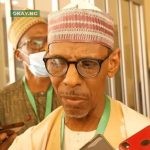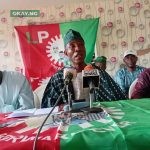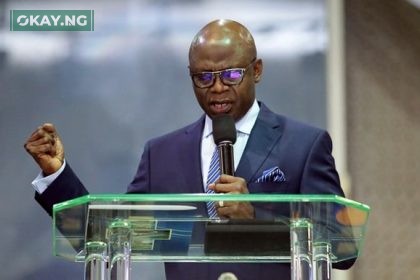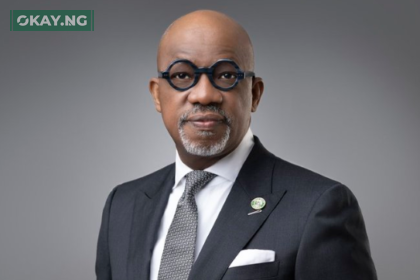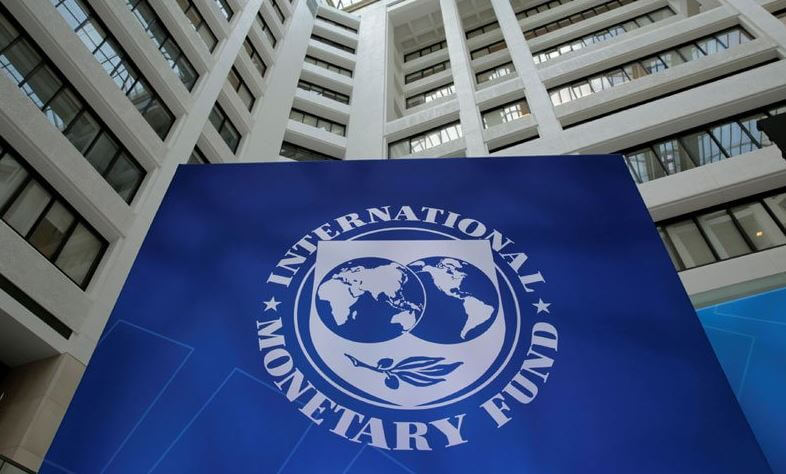Nigeria’s Minister of finance, Kemi Adeosun on Tuesday said the county’s central bank would eliminate the hard currency black market in the country.
Kemi Adeosun
Currently, the naira trades about 40 percent weaker against the dollar than the official rate at the black market.
Kemi Adeosun told a conference “The central bank (CBN) has been directed to do this and CBN has promised to do something by putting a system in place to eliminate the black market because it’s damaging the economy”.
The naira tumbled against the United States dollar to 490 on Monday from 487 on Friday, as acute shortage of the greenback continued to batter the economy and the country’s foreign exchange markets.
Before falling to 487 on Friday, the local currency had consecutively closed flat at 485 for four days last week.
The severe shortage of the dollar has put the naira under persistent pressure at both the official and parallel forex markets.
On the teeming streets of Lagos, the Nigerian mega-city of 15 million people, the once omnipresent money-changers are going underground.
They’ve become the latest target of authorities desperate to bolster the naira and crush a black market for foreign currency that’s boomed since the crash in oil prices strangled the inflow of dollars and battered the economy.
Last month, the Central Bank of Nigeria capped prices that Bureau De Change (BDC) can charge their customers for foreign exchange, effectively pegging the black-market rate, with intelligence agents threatening to jail anyone who doesn’t comply.
The activities of the security agents is creating a parallel market within the black market, according to analysts at Lagos-based Afrinvest West Africa Limited stated.
Nigeria’s interbank market sets the naira’s official value and is meant to serve businesses. But the scarcity of foreign-currency has forced many to go to licensed bureaux de change and the unofficial, or black, market of informal street traders, both of which sell dollars at a higher rate.
The central bank has made several attempts to defend the naira after it plunged in late 2014 along with crude prices.
Stock and bond investors are staying away from Nigeria, pointing to the wide gap between the official exchange rate and the black-market one of about N470 to a dollar. Forward prices suggest the naira will depreciate further on the official market, with 12-month contracts trading at 441 against the greenback.
Economic and financial experts said unless the lingering dollar supply problem was abated, the volatility in the exchange rate and the consequent economic challenges might be endless.




